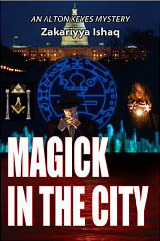 John Locke, partner in the detective agency Locke and Keyes Investigations, is in his office early one morning working on a letter to his landlord and business partner when Walter Lewis, a potential client, arrives and asks him to investigate the twenty-five-year-old disappearance of Lewis’ father. The case involves witchcraft and sorcery and hints at some even stranger goings-on. Locke refuses the case, not because it involves the occult (an area in which, as it turns out, he has some experience), but because he sees no hope for solving a twenty-five-year-old mystery. Unfortunately for Locke, this is one case he is not able to avoid. He is soon swept up in nefarious doings even more sinister than they appeared that fateful day when Lewis arrived uninvited at his office. Soon Locke finds himself framed for murder, and his partner, Alton Keyes, who is himself a none-too-shabby occultist, has to take on not one, but two powerful and dangerous magical orders in order to free his friend and partner.
John Locke, partner in the detective agency Locke and Keyes Investigations, is in his office early one morning working on a letter to his landlord and business partner when Walter Lewis, a potential client, arrives and asks him to investigate the twenty-five-year-old disappearance of Lewis’ father. The case involves witchcraft and sorcery and hints at some even stranger goings-on. Locke refuses the case, not because it involves the occult (an area in which, as it turns out, he has some experience), but because he sees no hope for solving a twenty-five-year-old mystery. Unfortunately for Locke, this is one case he is not able to avoid. He is soon swept up in nefarious doings even more sinister than they appeared that fateful day when Lewis arrived uninvited at his office. Soon Locke finds himself framed for murder, and his partner, Alton Keyes, who is himself a none-too-shabby occultist, has to take on not one, but two powerful and dangerous magical orders in order to free his friend and partner.
Magick In The City is a wild ride that works most of the world-domination conspiracy theories into one overall, complex plot involving dueling occult groups, serial killings by means of ritual torture, and magic of the blackest sort. Freemasons, Bilderburgers, and the Illuminati are all here, though in this story the whole of conspiracy theories is most definitely greater than the sum of the parts.
I am not familiar with either the intricacies of world-domination conspiracy theories nor of occult practices, but it appears that Ishaq does know his stuff. The details seem, well, if not realistic, certainly well-researched. Perhaps because of my lack of familiarity with the topic, the information about the history and background of these various groups became a little tedious. I would have enjoyed the book more if the necessary explanations had been briefer and contained in one section. Instead there are many passages with lengthy explanations of how the “elite of the elite” dominate world doings. On the other hand it was nice that the book troubled to put this all into some kind of context. Without some explanation, the notion of Washington powerbrokers chalking pentagrams on the hardwood floors of their Georgetown homes would have been hard to picture.
Ishaq is very good at section-ending cliffhangers. You’ll be surprised at how easily you will be lured into the next scene. Do not plan to read just one section before going to bed.
Awkward language, misplaced modifiers, grammatical mistakes, and peculiar word choices (an inn is described as “eloquent,” leaving me wondering if that is a metaphor or a typo) caused me some difficulties here and there. I found that I had to re-read paragraphs to be sure I knew who was doing what to whom. As is typical for a book of this scope, there are many, many characters to keep track of. The job would be much easier if they didn’t have such similar names. There are Alex and Alan and Allan, Orville and Ormond, Jeremy and Jeffrey and another Jeffrey. Fortunately I read this on a Kindle, so I could do a quick search when I got confused about who was who. As the story unfolded, however, I became so caught up in what was going to happen and how the protagonists were going to get out of it all with bodies and souls intact that these rough edges bothered me less and less.
Readers who enjoy thrillers with DaVinci Code-type intrigue, have an interest in the occult, and are willing to suspend a lot of disbelief for an exciting tale might want to give Magick In The City a try. The ending is quite surprising and leaves open the possibility of a sequel.
Links
Get an Editorial Review | Get Amazon Sales & Reviews | Get Edited | Publish Your Book | Enter the SPR Book Awards | Other Marketing Services















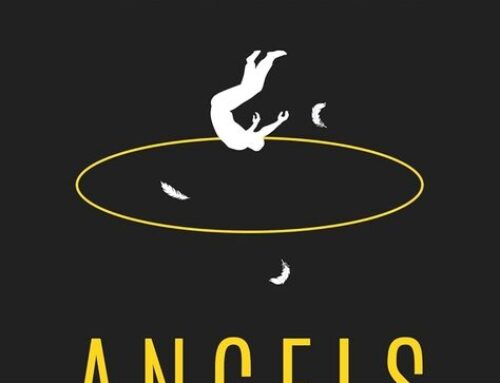
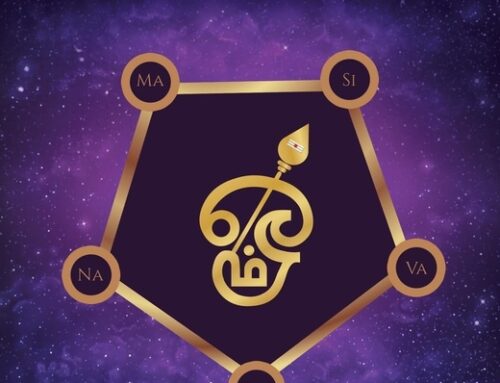



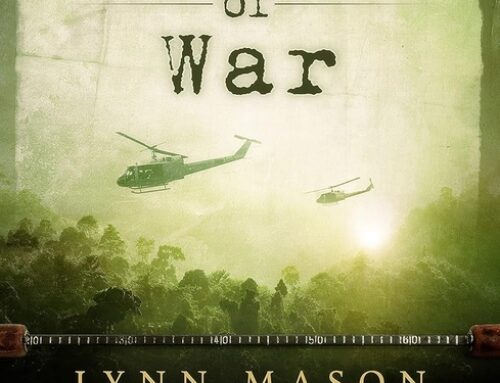
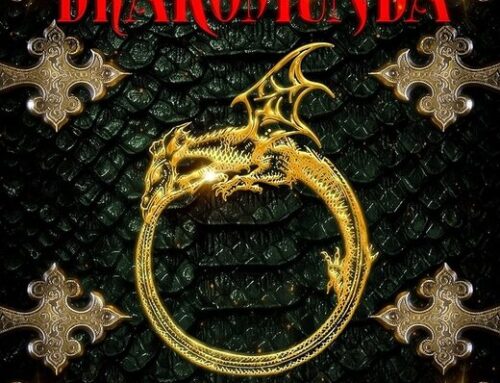
Leave A Comment